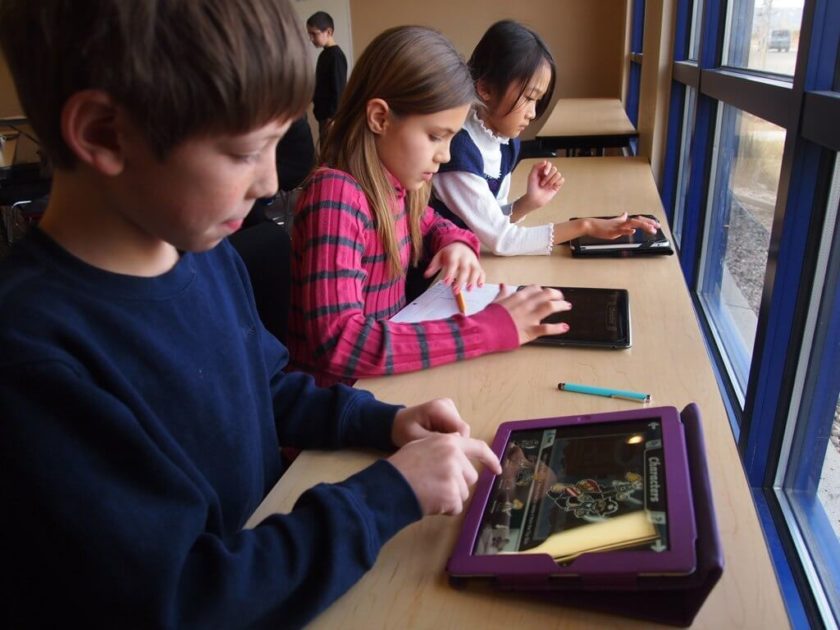Is your child becoming interested in tinkering? Whether building new toys or deconstructing everyday devices, our hands can become powerful learning tools if our brains simultaneously process what happens as a result of their actions. Theories and textbooks are still important in education, of course. But as well as being more engaging, hands-on activities can have a wide range of benefits for your child’s development. Whether in a classroom or a home setting, here are five reasons why learning-by-doing is so valuable for the minds of the future.

It encourages persistence
From coding to crafts, encouraging children to make things, embracing failure, and learning from their mistakes can help teach them the value of persistence. Every finished invention results from several failed prototypes. At the same time, modern technology is constantly being updated in a drive for better results. In the same way, each failure and subsequent improvement a child makes while building something will also build determination.
It makes learning fun
Learning can feel like more of a chore if it’s limited to textbooks and paperwork. But applying learned theories to real-world projects – or even discovering them through hands-on activities -can make education feel undeniably fun. Constructing and programming robots teaches lots of important skills, such as igniting a passion that sticks with them for life.
It teaches them valuable skills
Tinkering is not only crucial for your child’s mindset – it could be a gateway to a rewarding career too. The events of the past year or so have shown us just how much society relies on the creative minds of scientists, mathematicians, and technologists.
There’s no doubt that such pursuits are demanding. But starting young with beginner-friendly STEM tools like the BBC micro:bit will encourage children to stick with relevant subjects as they become more challenging.

It increases attention span
A study published in 2019 revealed that our attention span is shrinking as we’re exposed to more and more information online and through our phones. But when both our minds and our hands are engaged in making, we could just claw some of that attention back. Tinkering can be especially beneficial for children who struggle to focus on more traditional learning activities.
It boosts confidence
Seeing mistakes as part of a process can help to build confidence among children who may feel reluctant to put themselves out there for fear of failure. The same goes for exploring hobbies and interests of almost any kind – but especially ones that involve creative tinkering. By encouraging your child’s curiosity through tinkering, they could well end up changing the world for the better.
loading...
loading...
